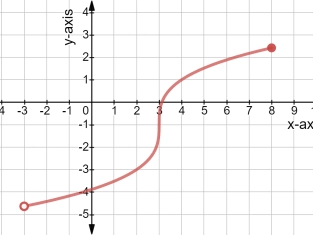by PushtoLearn
Plural of Analysis
Table of Contents
TLDR
Singular and Plural Forms
|
Singular |
Plural |
|
analysis |
analyses |
The plural analyses is pronounced /əˈnæl.ə.siːz/ (uh-NAL-uh-seez).
Confusing Plural Forms Exercise
This exercise focuses on confusing plural forms, including Analysis.

How to Use "Analysis" in Sentences
Singular Example:
✅ The doctor performed an analysis of the test results.
✅ Her analysis of the book was very detailed.
Plural Example:
✅ The scientist conducted several analyses on the data.
✅ Different analyses lead to different conclusions.
Common Mistakes
❌ "Analysises" (Incorrect) – The correct plural is analyses.
❌ "One analyse" (Incorrect) – The singular is analysis, not analyse (which is a verb).
❌ "An analyses" (Incorrect) – Analyses is plural, so it cannot take "an".
When to Use "Analysis"
-
In Science & Research – "The DNA analysis confirmed the identity."
-
In Business – "Market analysis helps companies make decisions."
-
In Academics – "Her literary analysis of Shakespeare’s work was brilliant."
-
In Problem-Solving – "We need a deeper analysis of the situation."
FAQs
What is the plural form of analysis?
The plural of analysis is analyses.
How do you pronounce "analyses"?
It is pronounced /əˈnæl.ə.siːz/ (uh-NAL-uh-seez).
Do we say "this analysis is" or "these analysis are"?
-
Singular: "This analysis is complete."
-
Plural: "These analyses are useful."
What is the difference between "analysis" and "analyse"?
-
Analysis = noun (e.g., "His analysis was correct.")
-
Analyse = verb (British English) / Analyze (American English)

